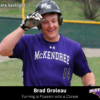Interviews are one of the toughest parts of the hiring process, so we’re offering student-athletes some key advice for successful interviewing. By covering all of the bases and tossing common interview mistakes to the wayside, you’ll be sure to hit a home run during your next interview.
Be Confident
As every athlete knows, confidence is key. If a player isn’t confident in their ability when it’s game time, they’ve already lessened their chances of success. The same rule applies to job interviews. Just as an athlete would know their stance, they should take notice of their posture. Be confident in who you are and what you’re about. Take pride in yourself, and your interviewer will take notice.
Look the Part
No student-athlete would show up for a game not in uniform. The same applies to an interview setting. Each time a student-athlete steps foot in front of a potential employer, they should look and act their best. Dressing professionally shows that you mean business. If you are not willing to invest the time and effort into making yourself look like the best candidate for the job, how can an employer expect you to put forth your best efforts in the workplace? Invest in yourself, and an employer will invest in you.
Know Your Resume
Just as an athlete would know their playbook inside and out, they should know their resume. You’ll never sound genuine in your response if you are unsure of the facts. Know your stuff, and speak with confidence about your experiences. These are things you should be proud of, each one played a key role in shaping you into the candidate that you are. Sell yourself.
Get a Grip
There’s nothing lax about the way an athlete grips their racquet, and the same should go for their handshake. One sure way to lose the interview before it has even started is with a bad handshake. Body language is a key indicator of confidence and character, and it’s crucial during first impressions. Having a firm grip, making eye contact, and standing tall all show that you are the real deal.
Don’t Be Not-So-Fashionably Late
Late to practice? Run suicides. Late to a job interview? Candidate suicide. Arriving late is one of the worst things you can do when making a first impression. Being late not only suggests poor time management skills, but it also shows a lack of respect for the interviewer’s time. Student-athletes wouldn’t be caught dead arriving late to practice, so the same should apply to interviews. Always plan to be early, that way you leave room for the unexpected.
When it comes to interviews, first impressions are crucial. Have confidence, dress the part, know your resume, get a grip, and don’t be late and you’ll be sure to hit your next interview out of the park!






